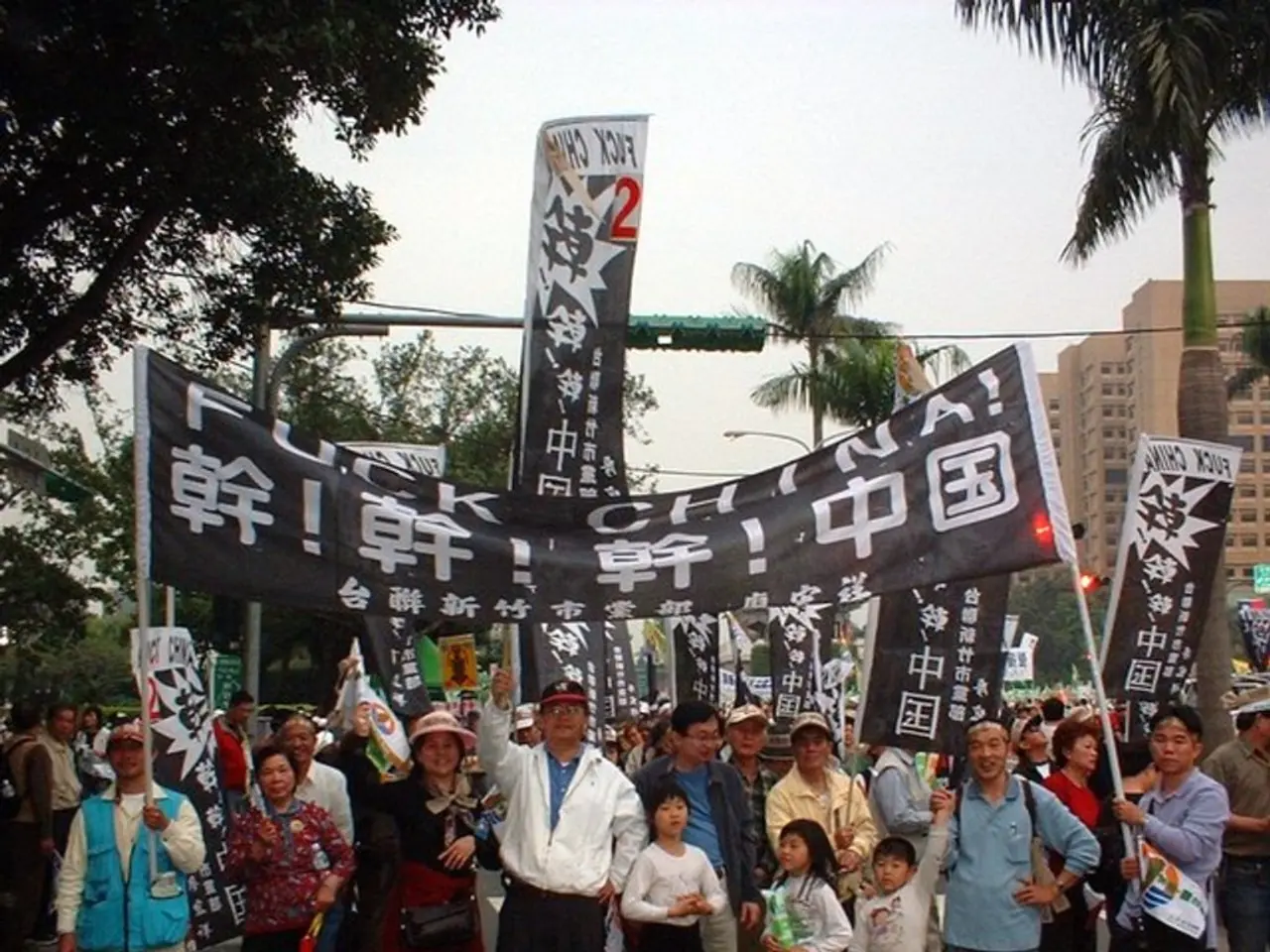European Union Locks out Chinese Companies from Large-scale Medical Tender Bids in Response to Barriers in Chinese Market
EU bars Chinese companies from securing EU contracts
Social media icons: Facebook Twitter Whatsapp Email Print Copy Link
In a significant move, the European Union (EU) Commission has decided to keep Chinese companies out of public tenders for medical products worth over €5 million. This is the first time the EU is using a sanctions tool, introduced in 2022, which enables states to penalize countries that discriminate against European companies in public tenders. The EU aims to encourage other nations to open up their markets to European companies [1].
The decision has been prompted by a steep rise in Chinese exports of medical products to the EU between 2015 and 2023, coupled with China's imposition of barriers to its market. According to EU data, discriminatory measures are applied in almost 90% of Chinese public tenders for the procurement of medical products, with products from the EU and EU suppliers consistently relegated [1].
The ban extends to various types of medical equipment like respiratory devices, X-ray machines, sterilizers, wheelchairs, and bandages that include plasters [1].
Since last year, the Commission has been in discussions with Chinese authorities about the issue, yet progress seems to have been limited [1]. An exception will be made if only one Chinese company bids for the tender.
Background
The exclusion is a response to China's protectionist and discriminatory practices against EU companies in public procurement tenders [2]. The EU aims to counter these policies through reciprocity and retaliation [2]. Additionally, the move seeks to ensure fair market access for EU firms, maintain supply chain security, comply with international trade rules, and establish a level playing field in the procurement of health products [2][3].
[1] ntv.de, dpa[2] European Commission[3] European Parliament[4] World Trade Organization[5] European Association of Healthcare Managers
- This EU Commission's decision to bar Chinese companies from large-scale medical tenders aligns with the broader politics of encouraging reciprocity and fair market access, as highlighted in the general-news and employment policy discussions within the European Union.
- Amidst the ongoing EU-China trade tussle over medical product procurement, the implementation of the EU's community policy to restrict Chinese companies from public tenders for medical equipment serves as a significant response to the protectionist practices evident in the Chinese market, as part of the general-news and employment policy debates.





